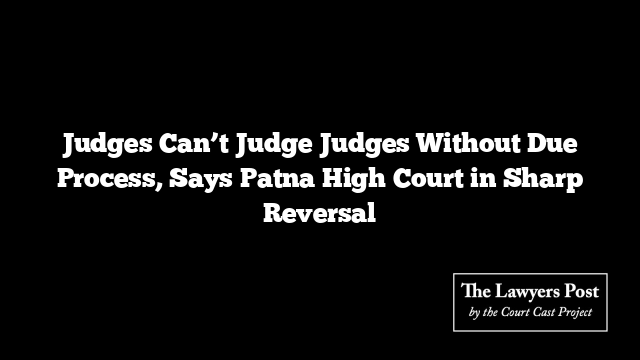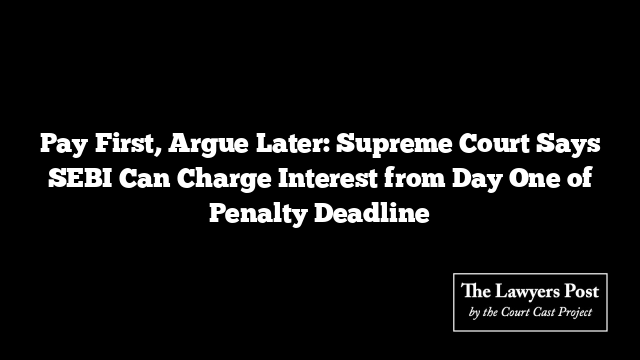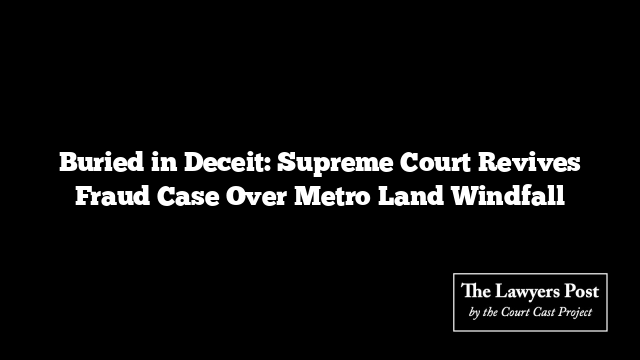In a rare instance of judicial restraint overriding judicial reprimand, the Patna High Court has undone a controversial order that had effectively benched a sessions judge and ordered his retraining—without giving him a chance to defend himself.
A Division Bench headed by Acting Chief Justice Ashutosh Kumar, with Justice Partha Sarthy concurring, struck down the previous ruling by a single-judge who had accused Additional Sessions Judge Kumar Gunjan of lacking “basic tenets of criminal law.” The ruling had directed the judge to be removed from all criminal cases and sent to the Bihar Judicial Academy for six months of retraining—an action the Division Bench said was legally untenable and procedurally unfair.
The single-judge’s order, issued during the adjudication of a criminal revision, had called out Judge Gunjan for wrongly taking cognisance of a cheque bounce complaint under Section 138 of the Negotiable Instruments Act and granting bail even before proper cognisance was recorded. The single-judge had concluded this amounted to a fundamental misunderstanding of law and called for immediate remedial training.
But the Division Bench said the single judge had overstepped.
“Judicial review is not a backdoor to disciplinary action,” the Bench noted, emphasizing that the power to assign or remove judges from specific kinds of cases lies solely with the Chief Justice—not individual judges acting on revision petitions.
More importantly, the Division Bench slammed the process itself. The sessions judge was never heard. He wasn’t even made a party in the matter. Yet his career trajectory had been publicly altered by an order passed in his absence.
“No matter the perceived error, fairness demands that no judge should be condemned unheard,” the Court ruled, adding that the principles of natural justice had been squarely violated.
It also emerged that the single judge had incorrectly blamed Gunjan for a bail cancellation order that had, in fact, been passed by a different sessions judge altogether—a factual oversight that further weakened the basis for the harsh remarks.
The High Court pointed out that while criticism of subordinate judges isn’t impermissible, it must be carefully worded and rooted in procedural fairness.
“Judges must be temperate in language—even when they strongly disagree,” the Court noted, quoting from the Supreme Court’s decision in Om Prakash Chautala v. Kanwar Bhan.
On the procedural side, the Court addressed why it entertained an appeal in a criminal matter that would normally be barred under the Letters Patent. It clarified that this was no ordinary judicial pronouncement—the order had administrative and service-related consequences, bringing it within appellate scrutiny.
The judgment emphasized the institutional structure of judicial governance: individual judges cannot unilaterally assign, retrain, or reclassify their colleagues. That authority vests only in the Chief Justice.
“All adverse remarks made against the sessions judge are to be struck from the record,” the Court declared, bringing the matter to a formal and institutional close.
In the end, what began as a sharp rebuke of judicial misstep turned into a lesson in judicial discipline—of a different kind.





